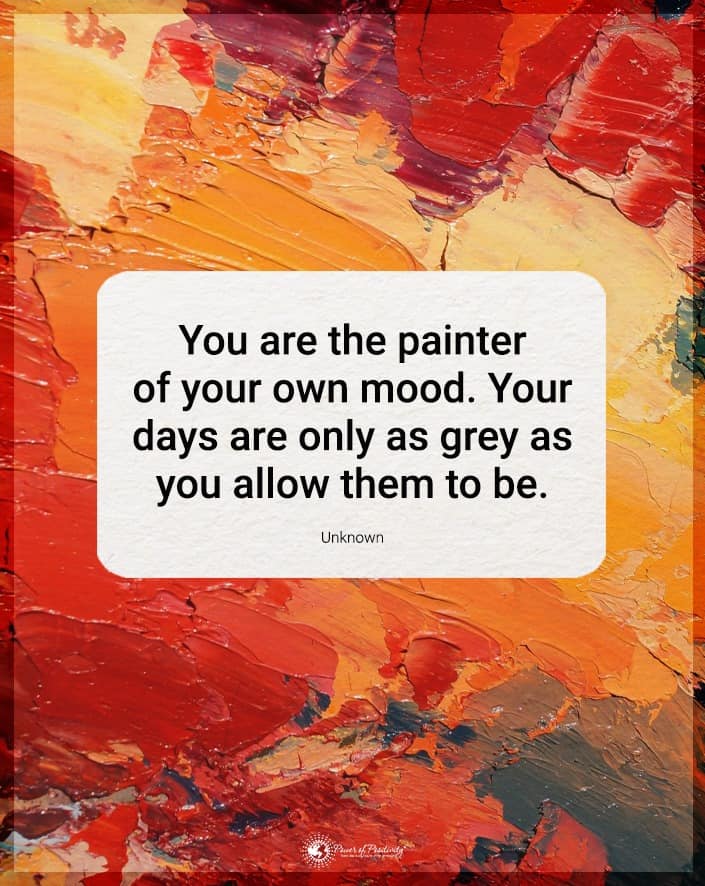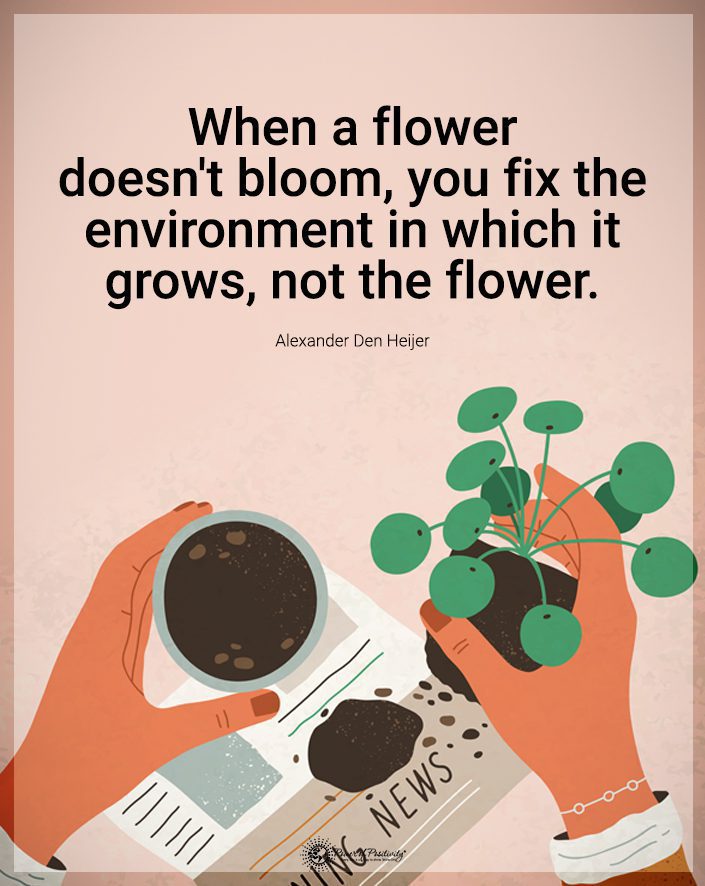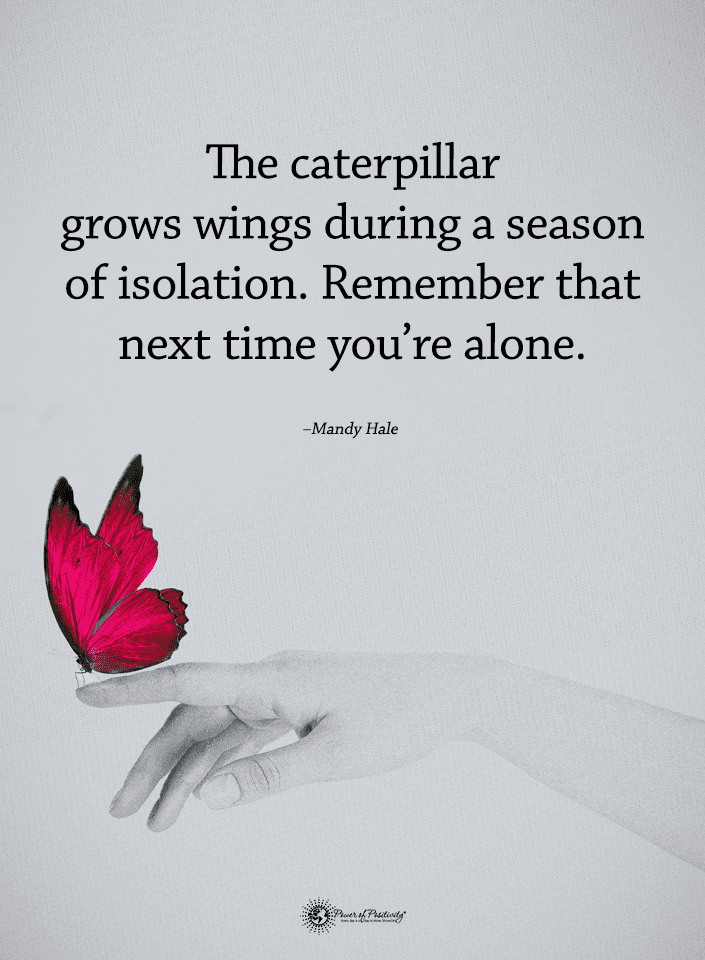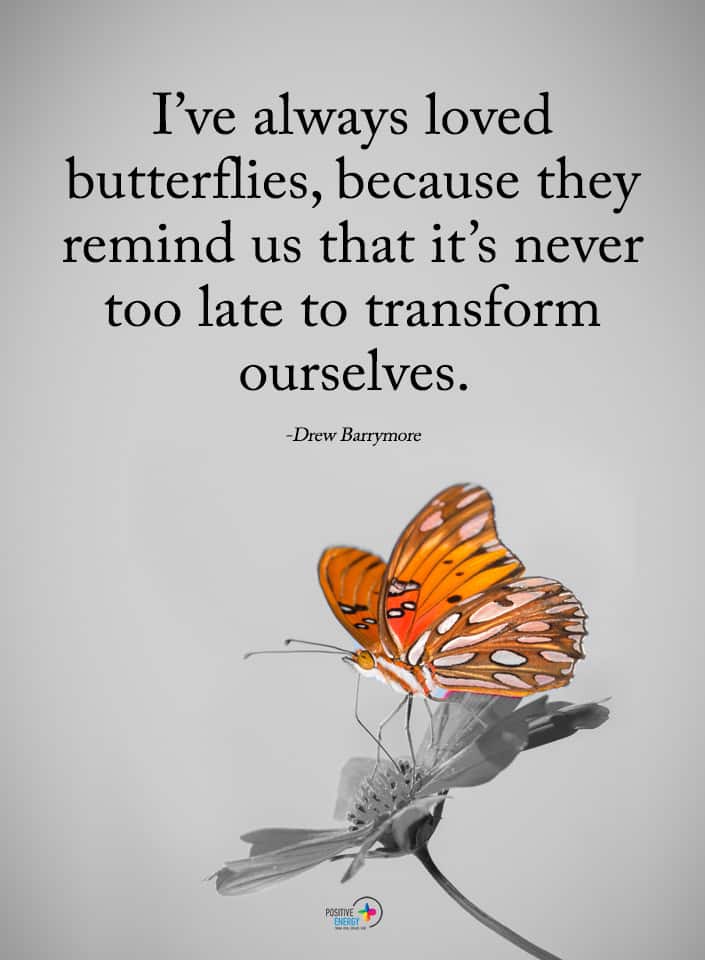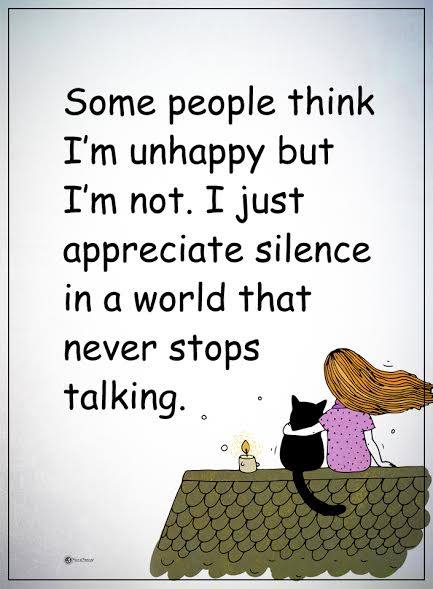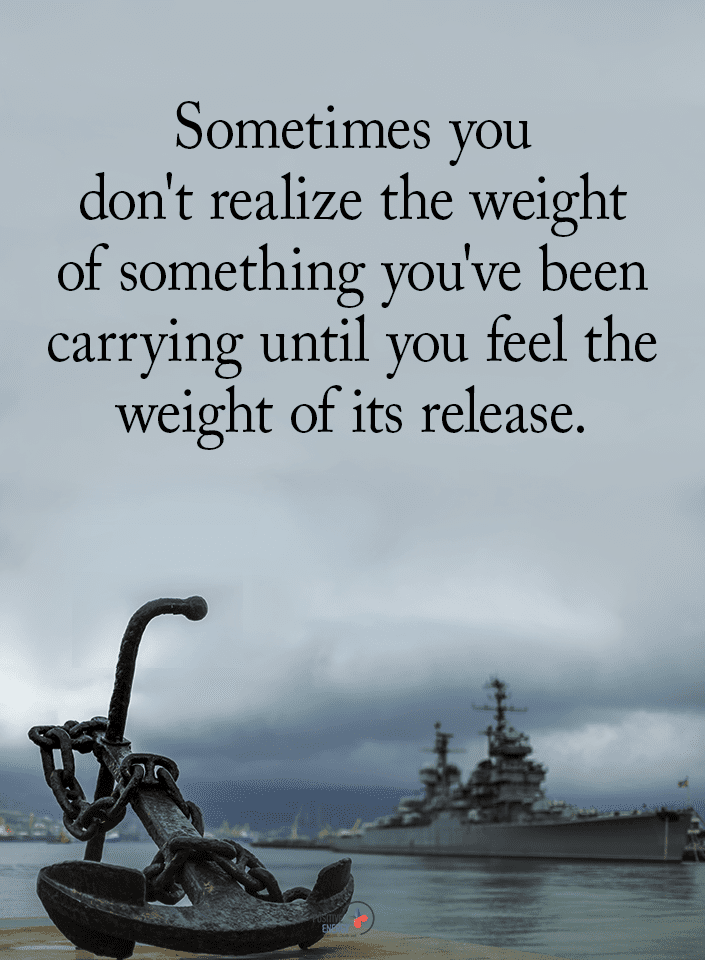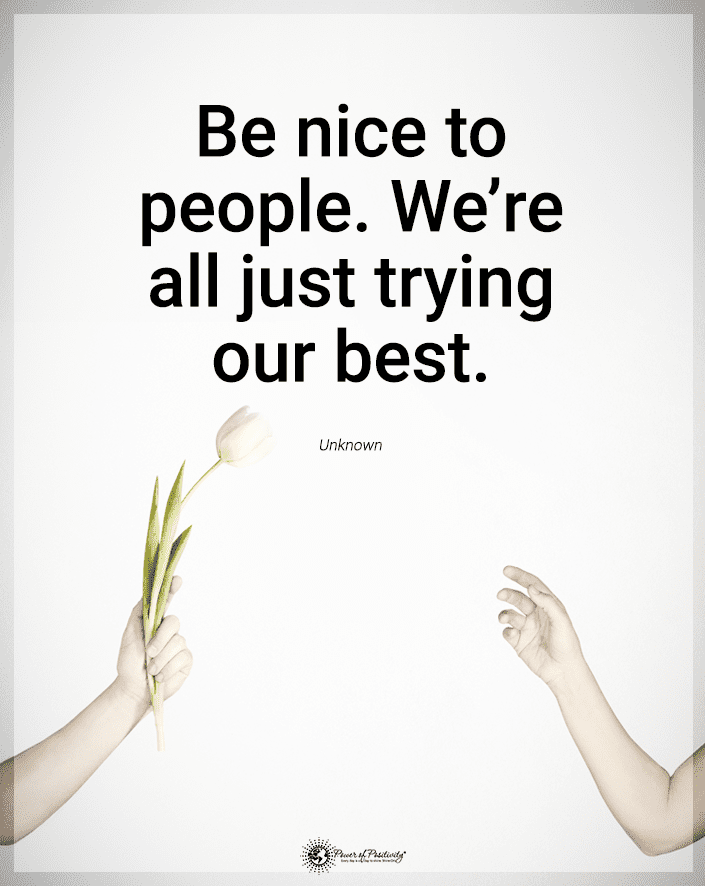Apple cider vinegar is a pantry staple with many uses and benefits. You might associate the liquid with cooking but can do much more with it. It goes far beyond the kitchen and does more than improve the taste of your food.
Recent research shows that apple cider vinegar can improve your mood and promote mental health. This fermented beverage has a history as a home remedy, but its effects on mood have only recently been discovered. While there aren’t many studies regarding the topic, the existing ones prove the benefits.
Whether you have depression or have just been in a bad mood lately, vinegar can help. Health enthusiasts swear by it, but now it can help everyone else. You’ll appreciate the health effects even if you don’t enjoy the taste.
What the Study Says About Vinegar’s Effect on Mood
Researchers from Arizona State University wanted to find out if vinegar played a role in mental health. They believed it might be related because of the gut-brain connection of apple cider vinegar. For the study, the researchers found 25 healthy college students to test.
They spent four weeks giving half of the students a placebo pill and the other half an apple cider vinegar drink. The placebo pill smelled like vinegar, so the subjects believed they had the real deal. However, the drug didn’t have acetic acid, the main active ingredient in vinegar.
Those with the ACV drink had one cup of water and two tablespoons of vinegar. They sipped on the drink each day throughout the study.
During the four-week trial, students maintained their regular diet and exercise routines. They completed questionnaires about their mood and gave urine samples before and after the study.
The Results of The Study
The results showed that the drink proved beneficial for mood and brain health. Researchers found the subjects who consumed the drink experienced a 20-34% reduction in poor moods. On the other hand, those who took the placebo experienced an increase.
The urine samples give a clue as to why apple cider vinegar improves your mood. ACV affects metabolic pathways affecting the brain. It also promotes a healthier hexosamine pathway that encourages cognitive functioning and brain health.
Additionally, drinking this vinegar improves glycine and threonine metabolism, amino acids that balance neurotransmitters. They also stimulate hormones like serotonin, a feel-good hormone.
Apple cider vinegar also improves gut health, further improving your mood. When your gut is off-balance, you won’t feel your best, and it can interfere with your mental health and well-being. ACV contains probiotic properties, encouraging good bacteria that aid many bodily functions.
This study was small and lacked diversity, but it showed promising results. Further research is necessary, but researchers are on the right path. An improved mood isn’t the only benefit of apple cider vinegar either.
Other Benefits of Apple Cider Vinegar
This liquid helps improve your mood, but it also has many other benefits. Some of the benefits include the following:
Weight Loss
Apple cider vinegar comes from apples, a fruit high in pectin. Pectin is an insoluble fiber that increases feeling full after a meal. Research shows that it can lead to people eating up to 275 fewer calories.
If you typically feel unsatisfied after a meal, mix some vinegar with water and drink it before eating. You’ll feel more satisfied and have reduced cravings later in the day. Without so many intense cravings, you’re less likely to binge on unhealthy foods.
Further studies show that consuming this liquid is associated with reduced belly fat. It is also low in calories, so you don’t have to worry about it adding to your daily count.
Growth Hormone Production
The acid helps break down protein into amino acids. Each amino acid aids in bodily processes, which’re essential for many reasons. They promote hormone creation, including growth hormone.
Releases Iron from Food
Another benefit of the acid in vinegar is that it helps release iron from your food. Iron doesn’t always release independently, but your body requires it. Your body needs iron for hemoglobin and myoglobin functioning. Hemoglobin and myoglobin carry oxygen to your cells, so you don’t want to go without iron.
Supports Healthy Blood Sugar and Glycemic Control
Apple cider vinegar helps lower blood sugar levels, and research indicates it could help with type 2 diabetes. This type of diabetes can be caused by insulin resistance or lack of insulin production, but vinegar promotes glycemic control.
Researchers studied two groups of people. One group consumed a placebo, and the other had apple cider vinegar. The small study showed that the group with apple cider vinegar experienced significantly lowered post-meal glucose levels before their meal.
However, you can’t rely on vinegar alone to treat diabetes or regulate blood sugar. You also must avoid refined carbs and sugar and follow your professional treatment plan.
Detoxes the Body
This vinegar detoxes the body as it breaks down enzymes from food. It eliminates toxins and restores your body to a healthy PH level balance. It also allows your body to absorb the enzymes from food, allowing you to take in more nutrients to replace the toxins.
Promotes Healthy Skin
Drinking a vinegar mixture each day works wonders on your skin. It controls the outbreak of acne, eliminating current breakouts and preventing future ones. Don’t apply the vinegar to your skin without diluting it with water first.
This type of vinegar also remedied dry skin and eczema in mice. It helps reestablish the natural pH balance of your skin, promoting a healthy protective barrier.
Boosts the Immune System
As bacteria become more resistant to antibiotics, scientists hunt for alternatives. Their search led them to test apple cider vinegar and its effect on the immune system. The results showed that it helps fight bacterial infections, boosting your immune system.
This research also showed that vinegar contains antimicrobial effects. It reduces inflammation, helping you overcome infections much quicker.
How to Experience the Benefits of Apple Cider Vinegar
If you want to experience the benefits, you must know how to drink them. Consuming suitable vinegar is essential, so don’t overdo it. Add only one or two tablespoons of vinegar to a glass of water.
Your water can be warm or cold, so you can have it however you like. If you don’t enjoy the taste, you can add a tablespoon of honey or a few apple pieces. You can also use lemon juice or a little cayenne pepper to mask the flavor of the vinegar.
If you still can’t drink vinegar water, you can find capsule supplements in the store. Taking capsules means you don’t have to smell or taste the liquid.
You can also implement more apple cider vinegar into your diet by using it in cooking. It can be added to salad dressings and homemade sauces, making it an easy ingredient to use.
Drink the beverage before your meals, as doing it afterward can cause gastric issues. Drinking the water every day isn’t necessary, although you can if you want to. Otherwise, you can have it every other day.
Cautionary Advice
Although apple cider vinegar benefits your mind and body, you don’t want to overconsume. You also don’t want to consume it alone, as direct consumption can have consequences. Drink it in a moderate amount, and dilute the vinegar in water.
Apple cider vinegar is a highly acidic liquid that could cause tooth erosion or a burning sensation in your mouth and throat. After you drink the vinegar water, rinse your mouth out.
You also might want to drink it through a straw if you make it a daily beverage. Using a straw prevents it from touching your teeth as much.
However, don’t brush your teeth right afterward because it could grind the acid into your tooth enamel. Wait at least thirty minutes before brushing to be safe.
Make sure to drink the beverage before a meal to avoid gastric issues. Having it afterward could delay digestion as it slows down the food so it can’t pass into the intestine. It’ll give you a stomach ache and make you feel unwell.
Additionally, avoid drinking the mixture before bed. It can cause acid reflux and esophagus irritation. You’ll want to sit upright for at least thirty minutes after having the drink.
Final Thoughts on New Apple Cider Vinegar for Your Mood
Given all the health benefits of apple cider vinegar, try the mixture. It might not be the best-tasting beverage, but you can add things to make it taste better. Additionally, you can think about the benefits of chugging the vinegar water.
Whatever way you get it down, you’ll be happy about the benefits. It promotes an improved mood, boosts physical health, and has many other benefits. It might be hard to get used to initially, but you’ll be glad you did.
Editorial note 10/02/2023: Changed reference to the skin study, noting that it was conducted on mice.

